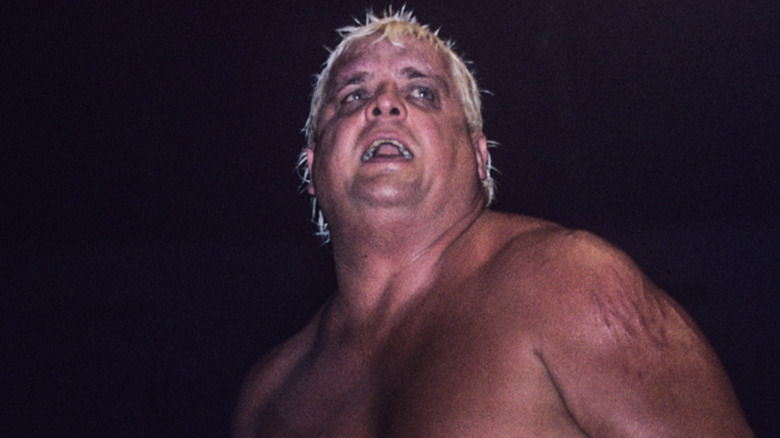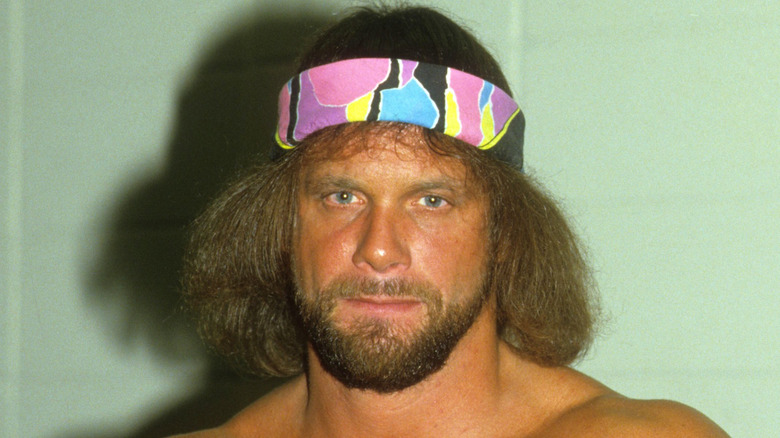What Does Outlaw Actually Mean In Pro Wrestling?
The phrase "outlaw mud show wrestling" has entered the lexicon of online pro wrestling fans through Jim Cornette and his podcast audience over the last decade, but the term "outlaw" has a much deeper history in the industry than some may realize. It began in the late 1940s, when a group of promotions banded together to form the National Wrestling Alliance, a conglomeration that would change the entire landscape of the industry.
By the end of the 1950s, the NWA stretched across the United States, with the land divided into territories. Each territory had an assigned NWA promotion, and many of those had their own regional TV show. Top talent would travel across NWA territories, spending some time in each promotion and moving on before the audience grew tired of them.
For many promotions, they had a choice between signing on with the NWA or letting their business fail. If they decided to try their luck and operate against the NWA, becoming an outlaw promotion, it would often mean they'd lose access to booking the industry's biggest stars. Many of those affiliated with the NWA would be forbidden from performing there, though there were cases of outlaw and NWA promotions working together.
Cornette's use of the phrase refers to the reputation for outlaw promotions to use gimmicky tactics to draw attention from its NWA competition. One such tactic would be to advertise a mud show, often featuring barely-clothed women, in an attempt to draw a crowd away from a more traditional wrestling show.
The creation of outlaw promotions and the end of wrestling's territory era
The benefits of NWA membership along with the threat of being blacklisted from booking wrestlers was enough to quell most competition, but there were still plenty of promotions that gave it a shot. Most lasted just a few years, but the ones that did find success were those with homegrown talent that proved undeniably popular with crowds.
These outlaw promotions were often created after disputes within NWA territories, which would lead to a "war" between the promotions. The promoters would book events head-to-head in the same town or region, forcing fans to choose an allegiance and foreshadowing the future dichotomy between WWE and promotions like WCW and AEW.
Angelo Poffo's International Championship Wrestling, based out of Lexington, Kentucky, was one outlaw promotion that had success. Poffo had two sons that he believed would become prominent stars: "Leaping" Lanny Poffo and Randy Poffo, also known as Randy Savage. Poffo founded the ICW with his sons positioned front and center, and they soon started winning over fans in the south. Attempts were made by NWA promoters to sabotage the company, and after less than a decade, the promotion closed its doors.
The territory era came to an end with the rise of Vince McMahon's World Wrestling Federation throughout the 1980s. With McMahon's centralized power structure, he was able to out-maneuver the NWA when it came to TV and pay-per-view exposure. Though the organization still exists to this day, currently under the ownership of Billy Corgan from The Smashing Pumpkins, it pales in comparison to the widespread alliance that once ruled wrestling in the United States. In terms of outlaw promotions today, all that's left are attempts to recreate the spirit of this very specific era, and the real outlaw wrestling promotions remain in the past.

